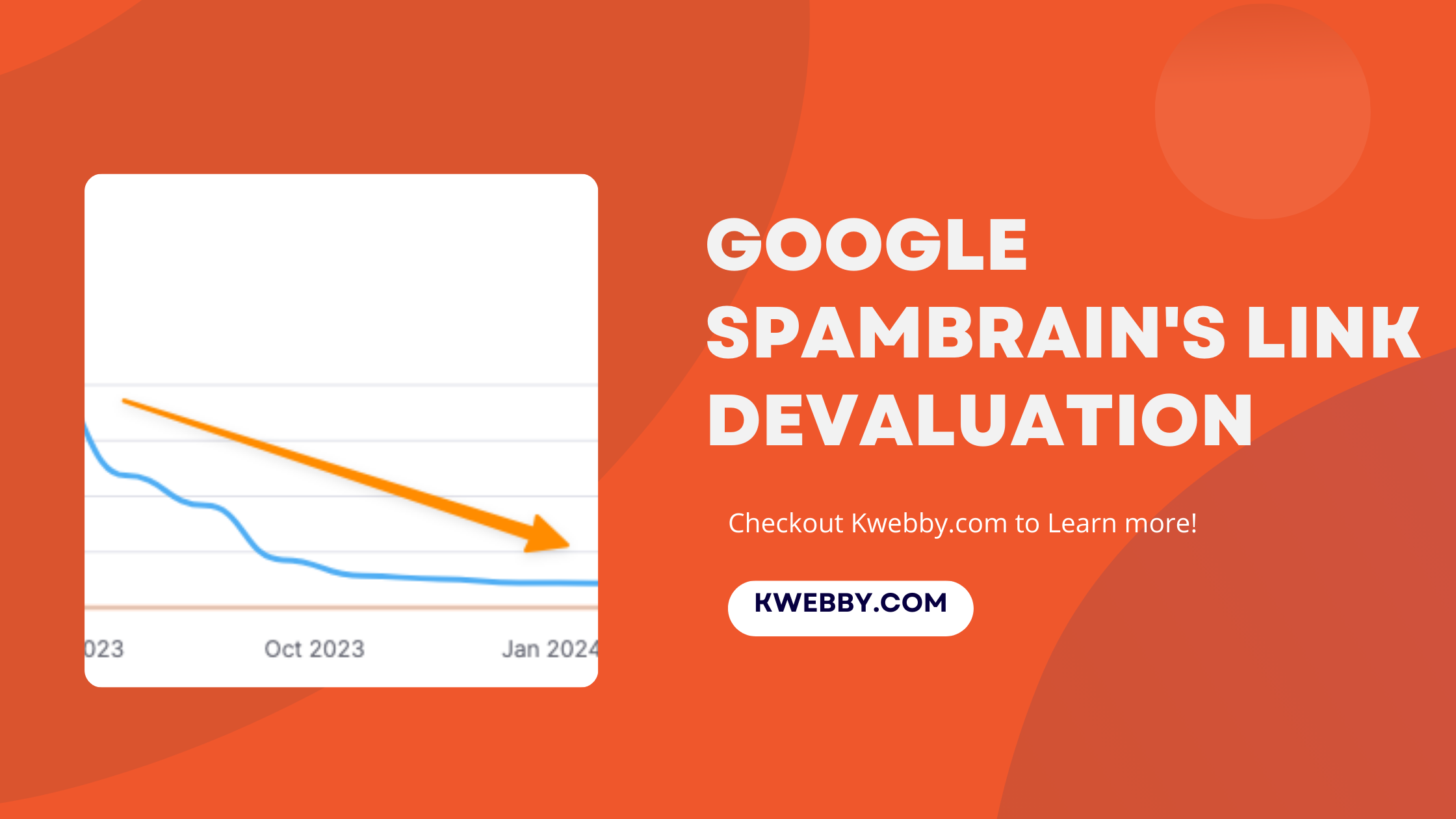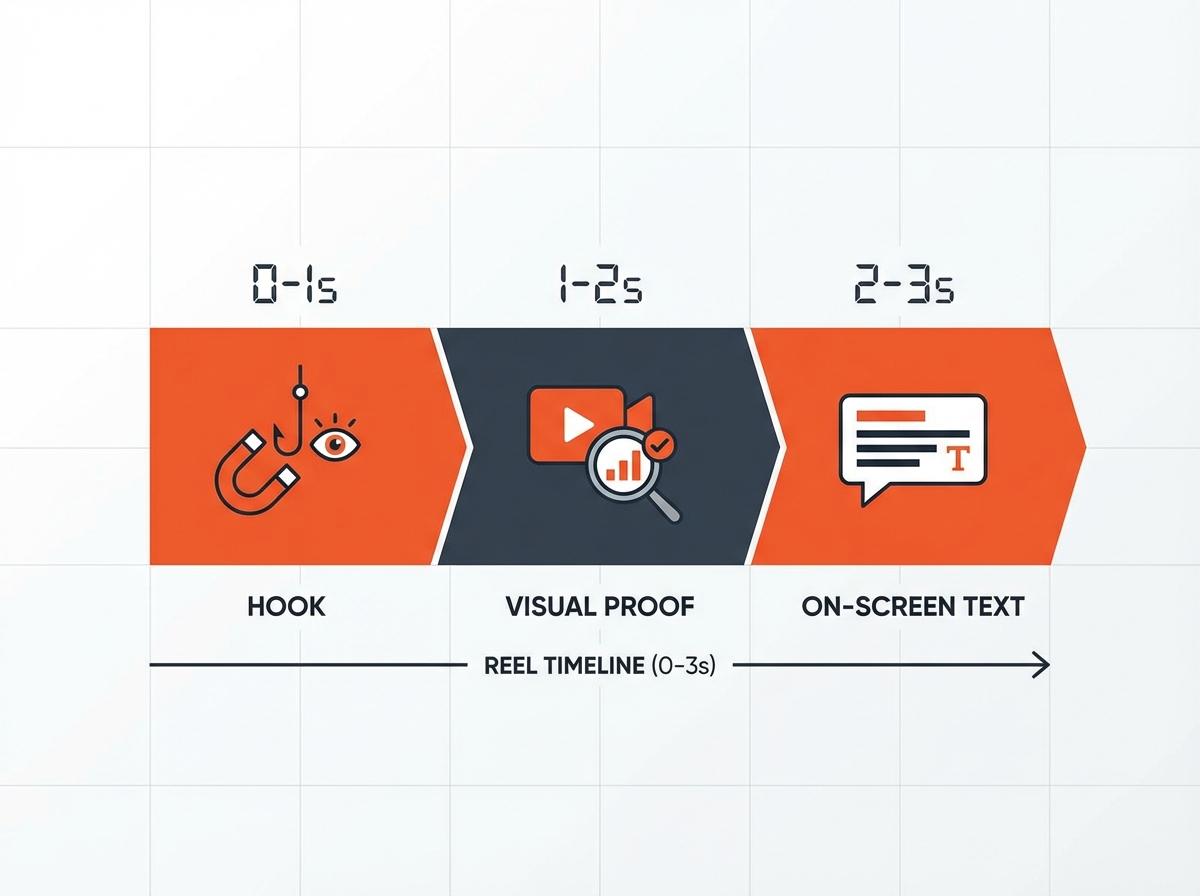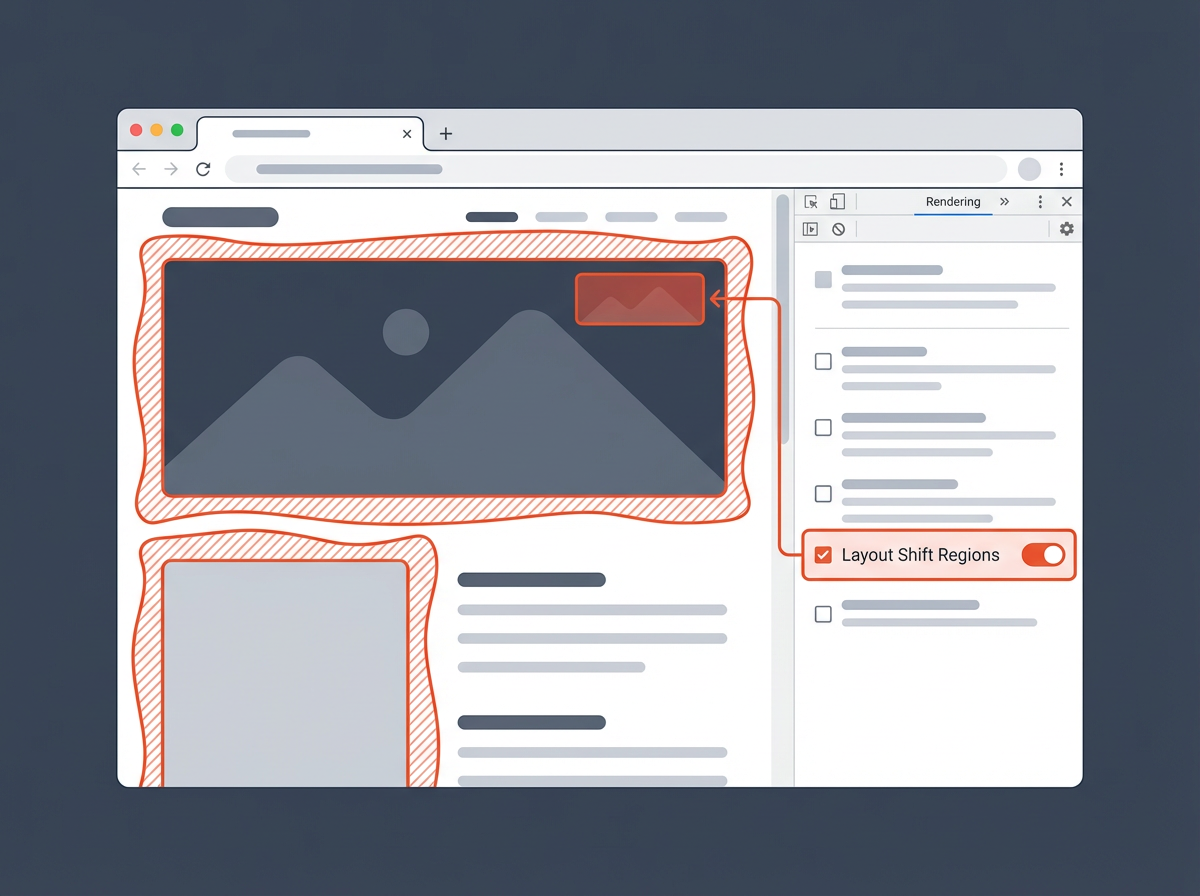In the rapidly evolving landscape of search engine optimization (SEO), the recent developments in March 2024 have turned the tables in a way the industry has never seen before. With Google’s latest core and spam updates, the SEO community is witnessing a monumental shift.
The updates have not only intensified the crackdown on sites with spam policy violations but have also introduced a new era of link evaluation led by Google’s increasingly sophisticated AI, SpamBrain.
This AI-driven approach towards link devaluation signals a clear message from Google: the era of buying backlinks is over.
The repercussions for sites that have relied on such practices are significant and immediate, with many experiencing drastic declines in their search rankings.
Amidst this chaotic backdrop, the fundamental ways of building links—ranging from content-driven PR efforts to direct purchases—are under scrutiny.
Now, as we dissect Google’s strategy and SpamBrain’s role in reshaping SEO practices, it’s crucial for industry professionals to adapt to this new reality where quality, relevance, and authenticity are paramount.
Do read the following first to understand the recent Core update;
- Google March Update 2024 – Expired Domains Abuse, Parasite SEO and More
- End of Parasite SEO – Google’s New Spam Update 2024
- Is It the End of Expired Domains (Google Spam Update 2024)
Google About Buying or Selling Backlinks
In the wake of Google’s SpamBrain update, it’s essential for SEO professionals and website owners to reconsider their link acquisition strategies. Google has always been explicit in its Webmaster Guidelines about the risks associated with buying or selling backlinks for the purpose of manipulating page rank.
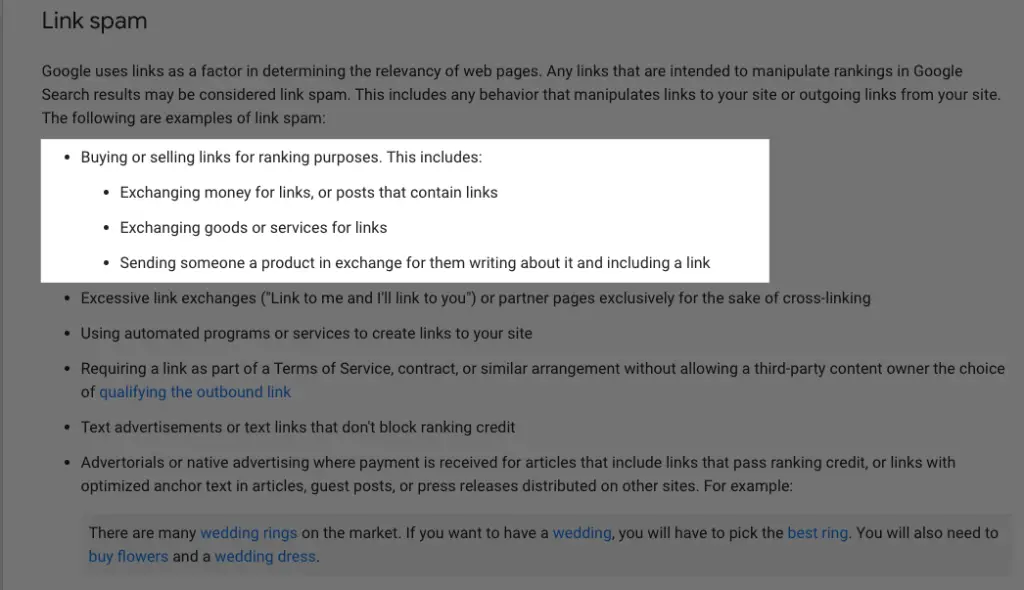
Such practices are unequivocally classified as link spam, leading to penalties and loss in search visibility.
However, Google also acknowledges that transactions involving links can be a normal part of the digital economy. The key to navigating this landscape without falling into the trap of link spam lies in the proper use of link attributes.

Specifically, if a backlink is purchased or sold, it must be tagged with rel=”nofollow” or rel=”sponsored” attributes.
These tags transparently communicate to Google’s crawlers that the link is part of a commercial transaction and should not be considered in the website’s ranking.
How to Implement Proper Link Tagging
- Identify Commercial Links: Review all outbound and inbound links that are part of advertisements, sponsorships, or any form of compensation.
- Apply the Correct Attribute:
- Use `rel=”sponsored”` for links that are part of advertisements or sponsorships.
- Opt for `rel=”nofollow”` when you wish to link to a page but do not want to imply any endorsement or pass link equity.
- Regular Audits: Conduct regular audits of your website’s link profile to ensure compliance with Google’s guidelines and to adapt to any new updates in their policy framework.
Adhering to these guidelines not only aligns your website with Google’s ethical standards but also fortifies your SEO strategy against potential penalties. It’s about fostering a web environment where quality, relevance, and trustworthiness are in the forefront, ensuring a fair and competitive search landscape for all participants.
Google’s Spambrain Coming Hard for Black Hat SEO Practices
As Google’s SpamBrain continues to evolve, it is becoming increasingly adept at identifying and penalizing black hat SEO practices. In the past, some websites have utilized manipulative tactics such as buying backlinks from private blog networks or spammy link directories to artificially boost their search rankings.
But with SpamBrain’s advanced AI technology, these deceptive strategies are quickly being exposed and punished. In fact, Google’s latest updates have explicitly targeted such tactics, leaving no room for loopholes or excuses.
For example, One of the sites is aggressively selling links on their site for $75 dollar because of its DR 79 authority;

and recently their traffic dropped by 40%;

Not only this, but I have also seen the same pattern across all the links where they are selling it.
For example, another domain with DR 87 selling links for merely $60 dollar now ($120 before), got devalued five months ago because of their aggressive link selling;

Their traffic dropped by 300%!
Google’s Spambrain now is more smarter with the integration of AI, as it does deep analysis of pages who are involved in such practices.
Many websites got hammered by Google when they released Link spam update in 2022, and now with the help of AI, it will get more dirtier.
What’s the Solution?
The solution to avoiding penalties from Google’s SpamBrain and adapting to their new approach of link devaluation is quite simple:
Stop buying and selling backlinks.
Instead, focus on creating high-quality content that naturally attracts backlinks. This can include creating valuable resources or producing share-worthy content that others will want to link to.
Additionally, building relationships and partnerships within the industry can also lead. to natural link acquisition. By establishing yourself as a thought leader and creating valuable content, other websites will be more inclined to link back to your site.
In conclusion, the era of buying and selling backlinks is over with the advancement of Google’s SpamBrain AI technology.
As SEO professionals, website owners, and digital marketers, it is crucial that we adapt to this new reality and prioritize quality, relevance, and authenticity in our link-building strategies. Let’s create a fair and competitive web environment where ethical practices are valued and rewarded.
Don’t fall into the trap of black hat SEO tactics – the repercussions are not worth it in the long run. Stay ahead of the game by staying true to Google’s guidelines and focusing on building natural, high-quality backlinks. Your website’s search rankings and overall reputation will thank you.
- Make sure to tag all commercial links with the appropriate attributes
- Regularly audit your link profile for compliance with Google’s guidelines
- Focus on creating high-quality content that naturally attracts backlinks
- Build relationships and partnerships within the industry for natural link acquisition
- Prioritize quality, relevance, and authenticity in your link-building strategies
In today’s digital landscape, it is crucial to stay up-to-date with Google’s guidelines and policies, especially when it comes to acquiring backlinks for your website. With the introduction of Google’s SpamBrain update and its advanced AI technology, buying or selling back
What are the Best Working Backlink Building Strategies
In light of Google’s strict policies against black hat SEO tactics, focusing on white hat methods is more critical than ever. A highly effective strategy in this domain is digital PR.
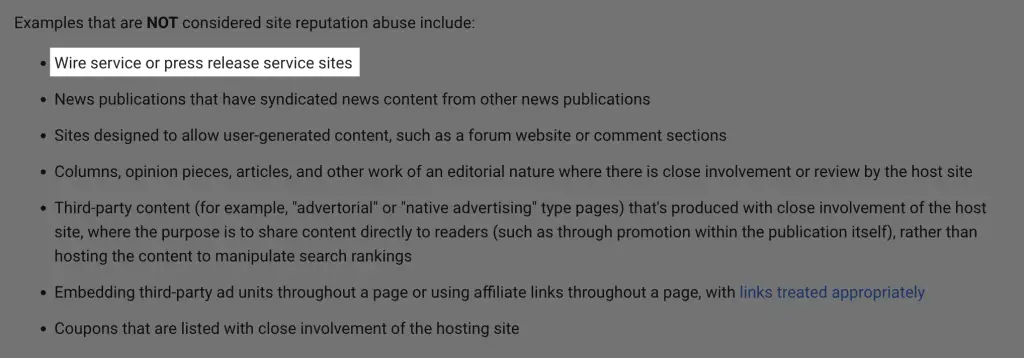
Digital PR is recognized by Google as a legitimate method to gain backlinks, as it often involves creating and disseminating high-quality, newsworthy content that naturally encourages other websites to link back to.
If you have the budget, investing in digital PR can substantially boost your website’s visibility and search ranking organically.
Further strategies include:
- Content Marketing: Create compelling, valuable content that addresses the needs of your audience. This can be blog posts, infographics, reports, or videos. High-quality content is likely to be shared and linked to by other sites, thereby naturally growing your backlink profile.
- Guest Blogging: Write articles for reputable sites in your industry. This not only gives you exposure to their audience but also allows you to include backlinks to your site in a non-spammy way, enhancing your SEO efforts.
- Social Signals: While social media links themselves do not directly improve search rankings, promoting your content on social media can increase its visibility. This heightened exposure can lead to more backlinks as more people discover and link to your content.
- Community Engagement: Participate in relevant online communities, forums, and groups. By providing valuable input and engaging with these communities, you can build trust and authority, making people more likely to link to your content.
- Broken Link Building: This involves finding broken links on other websites that are relevant to your content and contacting the webmaster to suggest replacing the broken link with a link to your content. It’s a win-win, as you help the webmaster fix their site while gaining a backlink.
Adopting these practices will not only help you avoid penalties from Google’s stringent policies against link spam but also build a robust, natural backlink profile that boosts your SEO in a sustainable way.
Prioritize quality, relevance, and ethical practices in your digital marketing efforts, and you will see long-term improvement in your site’s search visibility and authority.
Frequently Asked Questions
Will buying backlinks always negatively impact my website’s SEO?
Yes, purchasing backlinks is considered a black hat SEO tactic and violates Google’s guidelines. This practice can result in penalties or a drop in search rankings as Google’s advanced algorithms, especially with the integration of SpamBrain AI, are efficient in detecting and devaluating such links.
Can digital PR replace traditional link building strategies?
Digital PR can serve as a valuable component of your overall link building strategy. It involves creating high-quality content that naturally attracts backlinks and can significantly enhance your website’s visibility and authority. However, it should be used in conjunction with other white hat SEO practices for the best results.
How often should I audit my website’s link profile?
Regular audits are crucial for maintaining a healthy link profile. It’s recommended to conduct a comprehensive link profile audit every quarter. This helps in identifying and disavowing toxic or spammy backlinks that could harm your site’s SEO.
Are social signals directly related to improved search rankings?
While social signals (likes, shares, comments) themselves do not directly influence search rankings, they can indirectly impact SEO. High engagement on social media increases content visibility, which can lead to more organic backlinks, a key factor in improving search rankings.
Conclusion
In conclusion, prioritizing quality, relevance, and authenticity in your link-building strategies is crucial to maintaining a strong online presence.
With Google’s strict policies against black hat tactics, it’s essential to focus on ethical practices like digital PR, content marketing, guest blogging, and community engagement for sustainable SEO success. Regularly auditing your link profile and staying up-to-date with Google’s guidelines are also crucial in ensuring your website’s search rankings and overall reputation.
Remember, building a natural, high-quality backlink profile is a continual effort that pays off in the long run.
So, strive to create valuable content and build meaningful relationships in your industry to attract organic backlinks and unlock the full potential of your website.
Test your knowledge
Take a quick 5-question quiz based on this page.

